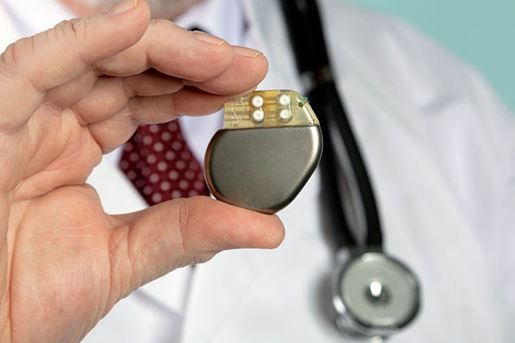Update on Cardiovascular Implantable Electronic Device Infections and Their Prevention, Diagnosis, and Management
Published: December 04, 2023

- Cardiovascular implantable electronic device infection (CIEDI) is a common complication of cardiovascular implantable electronic devices (CIED). This infection can be life-threatening and often challenging to diagnose, especially in a patient with complex medical conditions.
- This statement is a follow-up to the 2010 American Heart Association scientific statement "Update on Cardiovascular Implantable Electronic Device Infections and Their Management." It highlights significant advances in preventing, diagnosing, and managing these infections.
- Despite current research and management advances, early involvement of clinicians with CIEDI experience is critical to reducing incidence of this life-threatening condition.
Cardiovascular Implantable Electronic Device Infections & Their Prevention, Diagnosis and Management
Larry Baddour, MD, Writing Committee Chair and Vice-Chair Daniel DeSimone, MD, discuss the updates for Cardiovascular Implantable Electronic Device Infections and Their Prevention, Diagnosis and Management. They discuss what cardiovascular implantable electronic device infection (CIEDI) is, advantages of fluorine-18-fludeoxyglucose positron emission tomography; prevention and management through leadless pacemakers (LPM) and subcutaneous implantable cardioverter-defibrillators; and evaluation of recently published descriptions of percutaneous mechanical aspiration systems. Follow us at @AHAScience.
Recommended Reading
- 2020 ACC/AHA Guideline for the Management of Patients With Valvular Heart Disease
- ACC/AHA/HRS 2008 Guidelines for Device-Based Therapy of Cardiac Rhythm Abnormalities
- Update on cardiovascular implantable electronic device infections and their management
- Infective Endocarditis in Adults: Diagnosis, Antimicrobial Therapy, and Management of Complications
- National CIED infection Initiative